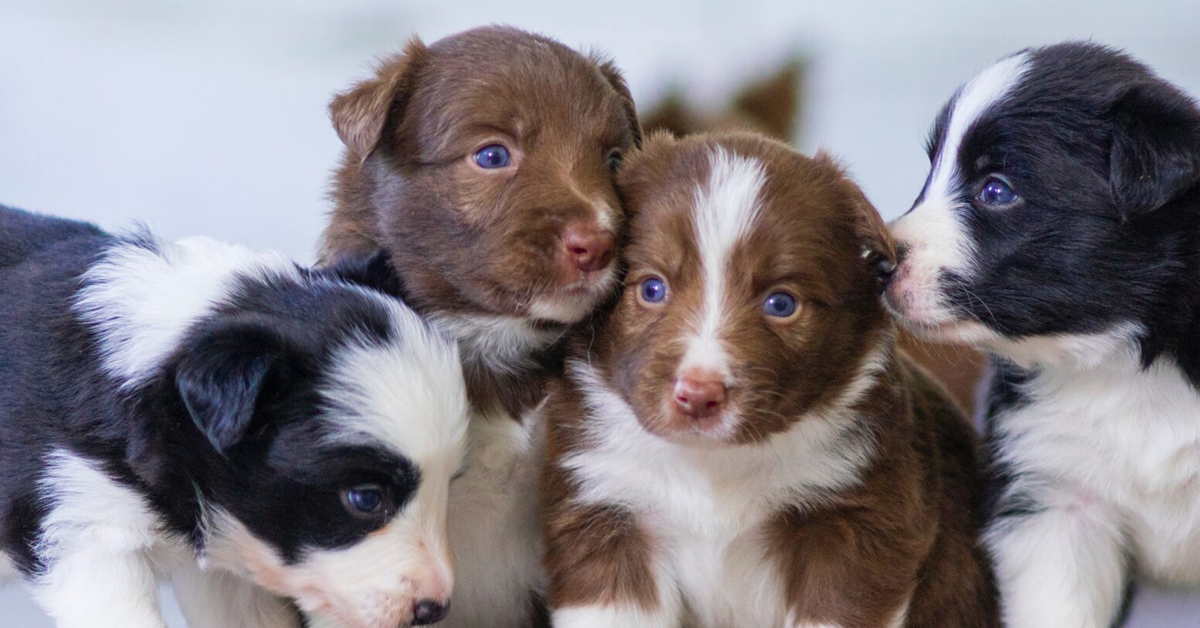
Behavior problems kill more dogs than disease or accidents combined. In many ways puppyhood is the most important time of a dog’s life, a time when experiences are new and have a long-lasting effect on shaping the dog’s future personality. If you have adopted a shelter puppy you should pay heed to this crucial period of development in the life of the dog. This is the most important time to influence the proper development of behavior.
It is much, much easier to prevent problems from developing than it is to attempt to cure them once they have become firmly entrenched. The earlier you start working with your dog the better. The best time for puppy class is between 10 and 18 weeks and after the second vaccination. The class should be held in a controlled environment to prevent sickness. Your veterinarian should approve. It is important that positive associations and impressions be made with people, places and things in the environment and with humans and other dogs during this imprint period. Dogs that are isolated during these critical weeks may become fearful and/or aggressive and are unable, during the entire course of their lives, to handle new people or situations normally. Provide contact with as many different types of people as possible €” men, women, children, teenagers, oldsters and quiet or loud people €” as soon as your dog has received its vaccinations against disease. Expose it to parks, shopping centers, street noises and busy sidewalks. Avoid isolating it in yards or chaining it in the back yard.
Your puppy should receive temperament training that is designed to build its confidence and prevent future behavior problems, while inhibiting and channeling the biting instinct into more positive outlets. According to Dr. Ian Dunbar, a noted dog behaviorist, “in the world of domestic dogs, the puppy is usually removed from its natural sources of information at about eight weeks and in most cases finds itself the only dog in a human den. At eight weeks the puppy is not prepared to deal with the world at large. It thus becomes a human responsibility to continue the pup’s education. Failure to do so results in the puppy’s inability to adapt to its environment, or at least to adapt in a harmonious way with its human pack members.” The class should teach you about dog behaviors and help you deal with any problem behaviors. The class should be held in a clean environment to guard against infectious disease. Consult with your veterinarian for a recommended trainer. Do not use a training collar (choke collar) until after the age of five months.